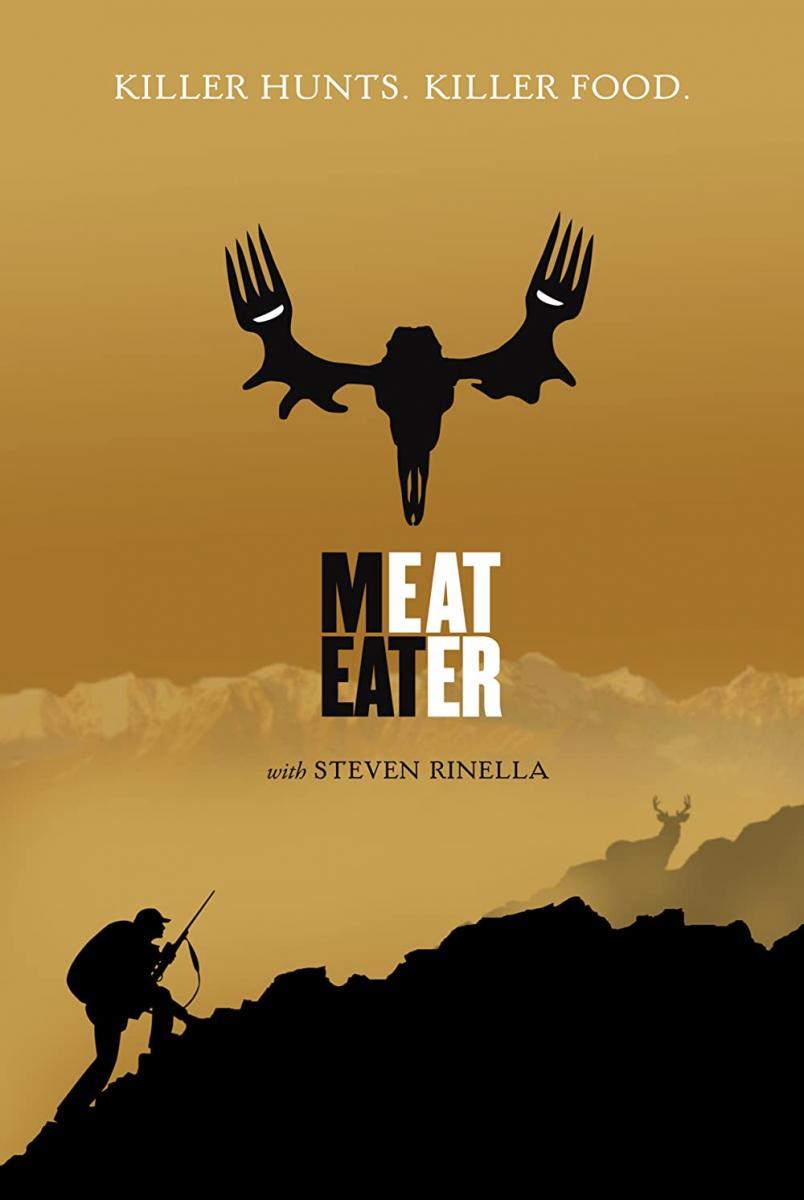In an era where the distance between our dinner plates and the origins of our food has become increasingly obscured, the phenomenon of hunting shows, particularly “MeatEater,” invites a critical examination of not only the media’s portrayal of wildlife but also the ethical implications entwined with such portrayals. The allure of outdoor adventures and the visceral thrill of the hunt are potent narratives that captivate viewers. However, one must question whether such content inadvertently nurtures complicity in the profound moral dilemmas surrounding animal cruelty.
The essence of “MeatEater” rests on its ability to romanticize the act of hunting, framing it as a noble pursuit deeply rooted in tradition and personal connection to nature. The show’s host, Steven Rinella, wields a narrative that intertwines adventure, respect for the natural world, and culinary delight, rendering it appealing to both seasoned hunters and curious novices. However, beneath this gilded surface lies a strand of moral ambivalence; is this portrayal merely a reflection of a lifestyle, or does it serve to desensitize audiences to the brutal realities of killing for sport?
At the crux of this examination is the concept of desensitization—a psychological phenomenon where repeated exposure to suffering diminishes the emotional response to it. Just as a rhythm can lull one into a trance, the ongoing depiction of hunting death can dull our sensitivity towards the animals involved. Viewers of hunting shows often become spectators, observing the unfolding drama of predator and prey. In this voyeuristic engagement, the emotional weight of the kill may dissipate, leading viewers to unconsciously endorse that which they overlook: the ethical ramifications of taking a life.
Furthermore, these shows propagate a particular narrative: that hunting is not merely a recreational activity but a legitimate method of conservation. This ideology, while rooted in some truth, can lead to oversimplified conclusions. Viewers may internalize the belief that hunting, specifically hunting for sport, is fundamentally aligned with ecological preservation, blurring the lines between ethical hunting and the exploitation of wildlife. Such reductive reasoning can elevate the act of hunting to a pedestal of virtue, while simultaneously obscuring the distressing reality that many animals suffer profound trauma, diminishing their intrinsic value as sentient beings.
“MeatEater” enhances its narrative by skillfully constructing an image of the modern hunter as an environmentally conscious warrior, juxtaposing the avowals of ethical stewardship with the stark reality of animal suffering. Although Rinella advocates for responsible hunting practices and conservation, this duality presents a paradox; the ethical consumption argument hinges precariously on the distinction between killing for sustenance and killing for sport. When the viewer ponders the morality of enjoying a succulent venison steak, does the abject reality of how that steak arrived at the table fade away? In this scenario, the medium of entertainment acts as an apologetic lens, often obscuring the inescapable truth of death for dish.
Moreover, the framing of hunting as fulfilling an ancestral or primal urge draws upon metaphorical constructs that liken it to a rite of passage—a journey into the self that aligns humanity with their wild roots. Yet, this idealized representation risks romanticizing violence, potentially perpetuating a culture that glorifies death in pursuit of personal fulfillment. The act transforms from a mere necessity to a quest for self-actualization, effectively normalizing the act of killing as part of human experience. Thus, viewers are not only entertained; they are subtly inducted into a narrative where animal life is merely collateral damage in the pursuit of adventure and identity.
As the screen flickers with scenes of breathtaking landscapes and thrilling hunts, one cannot ignore the juxtaposition of beauty and brutality. This dichotomy serves as a compelling metaphor for our relationship with nature itself: rich with resources yet fraught with exploitation. This tension invites audiences to reflect on their own complicity in a system that commodifies living beings, provoking questions about the morality of their consumption choices. In this light, “MeatEater” becomes more than a television show; it transforms into a lens through which the viewer grapples with broader ethical questions about the intersection of entertainment, culture, and morality.
Additionally, social media has amplified the visibility of such shows, creating an echo chamber of provocative content that celebrates hunting as a badge of honor. This proliferation of images and stories serves to reinforce a communal identity bound by shared values of tradition, sustenance, and adventure. Yet, as the salience of these narratives grows, so does the potential for viewers to become tacit endorsers of practices they may not fully comprehend. The relentless cycle of consumption, masquerading as tradition, entraps individuals within a cultural narrative that prioritizes entertainment over ethical reflection.
Ultimately, although hunting shows like “MeatEater” unravel rich tapestries of adventure and empowerment, they simultaneously risk normalizing violence against animals. The allure of the hunt captivates the imagination, yet it is imperative for viewers to recognize their potential complicity in this complex ethical landscape. As consumers of media, individuals must actively engage in critical thinking, challenging the narratives that shape their perceptions of wildlife and their moral responsibilities toward it. It is through this conscientious engagement that one may begin to disentangle the romantic portrayal of hunting from the often-ignored realities of animal suffering, ultimately fostering a more humane relationship with the earth’s creatures.
In the grand tapestry of existence, where humanity seeks meaning and connection, there lies an intrinsic responsibility to honor the lives that are often rendered invisible in the pursuit of sport. Recognizing the humanity in all creatures, perhaps we can chart a path toward a moral understanding that prioritizes compassion over complicity.








